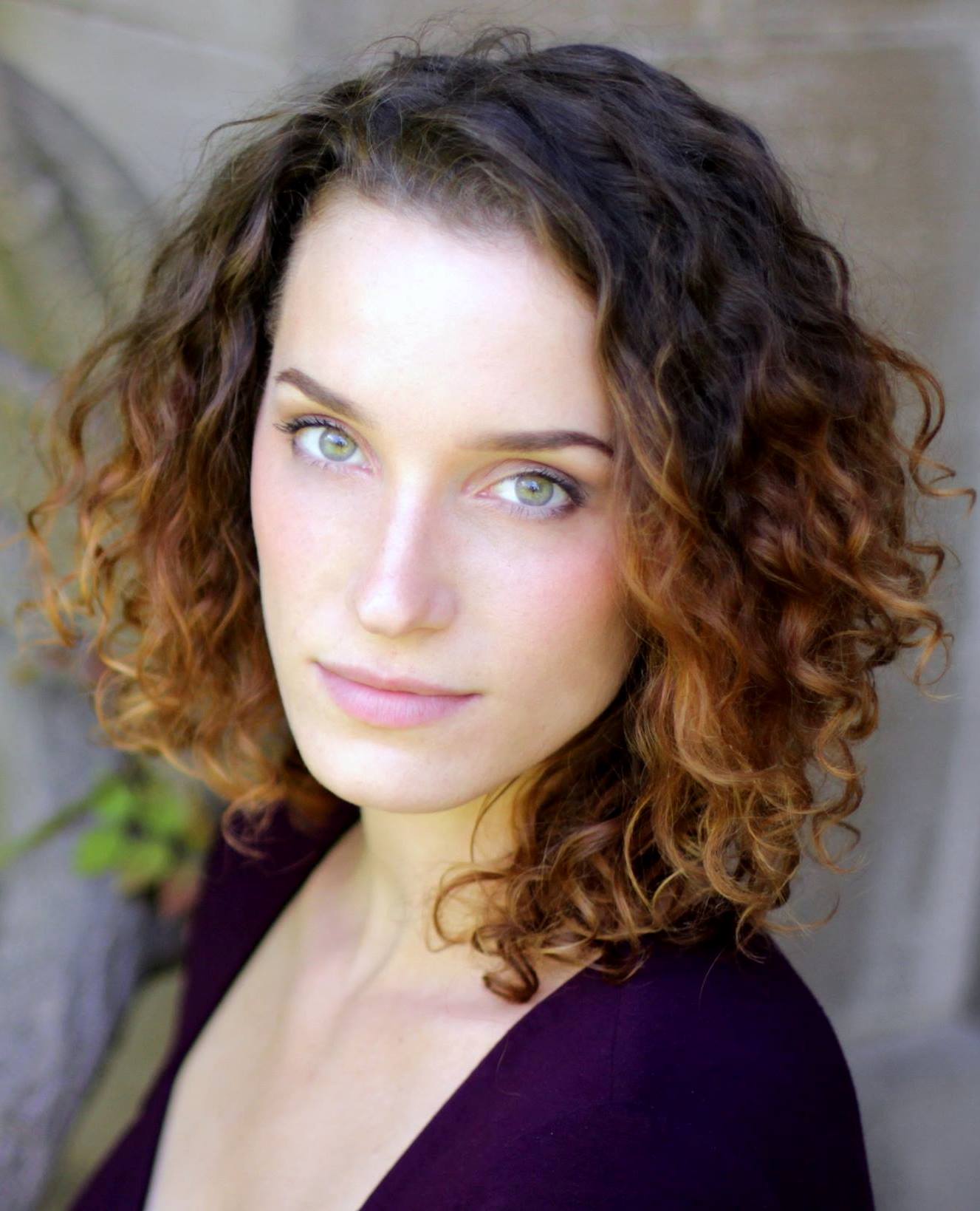I spent much of 2017 and 2018 talking to women about the state of things and about who we are, who we think we are, and who we have to be to make it through the day, the job, the relationship. Out of all this talking (listening, really) came the collaboratively-generated original works V2: Creation Myth and Mother/Daughter. The women involved hailed from all over Philly and across the world. They ranged in experience and age and affiliations, but what we shared in common was always more significant than what we did not. It was a magical time I’ve recently had reason to revisit.
“The Cycle Continues” from V2 will be performed this week in Islamabad, Pakistan by the Insolent Knights, an irreverent troupe of performers and creatives that have been pushing back against “stuffy conventions that threatened to put the lid on Islamabad’s infant theatre scene” since 2008.
The piece, printed below, features a chorus of adult women talking about their periods. (Because that’s what we women do. We talk about periods. And shop. And get our nails done. Sometimes we pillow fight.) I wrote about periods because for biologically female humans, they are a part of life that is impossible to ignore. Periods are painful. Periods are gross. They’re inconvenient. Periods are inextricably linked to identify. Periods are political. Periods may lead to suicide. Periods are universal.
Stay tuned to our social media for performance feedback and footage. And be sure to friend and follow the Insolent Knights and their troupe members who are some 7,000 miles away sharing our same experiences.
-Lauren Leonard, Founder, EBP
THE CYCLE CONTINUES
Woman 10: I’ve been getting my period for twenty-seven years and we’ve still not come to terms with one another. Sometimes, I’m grateful when it comes around, though generally not in the mood to celebrate. It’s just that it’s not to be trusted. It makes me vulnerable, unpredictable. Twenty-seven years and it still sneaks up and makes a mess of things.
Woman 4: Wake up in the morning, bed looks like a crime scene. Never comes out of the sheets.
Woman 6: I pack a change of clothes for my toddler and one for myself. Because accidents happen.
Woman 8: I’ve done the quick change at work. Go into the bathroom in one outfit, leave in another. Like I’m hosting an award show.
Woman 4: In a pinch, I’ve used all kinds of things. Napkins, tissues, tissue paper from a gift about to be given.
Woman 6: A glove. A sock.
Woman 8: The Makeshift Maxipad: pull two arm lengths of toilet paper from the roll, wrap it around the crotch of your underwear. It’ll feel like there’s a futon between your legs, but you’ve bought yourself some time.
Woman 10: Now you can track it. Yes, there’s an app for that. Here's what I learned: my cycle is usually 28 days, which means I get 13 periods a year. To begin each of these cycles there are three or so days of pain associated with ovulating. Then there are five days where I suffer from PMS, which consists of fatigue, nausea, headaches, depression, homicidal rages, a six-pound weight gain, a complete inability to control my emotions, and at least one existential crisis. After that comes the five days of actual bleeding and an insane sex drive. So, when you add it all up, I am not myself 169 days a year. That’s 46% of the time.
Woman 4: Certain times of each month, my partner and I sleep in separate beds. For his safety.
Woman 6: I can’t get enough of my partner. I’m like a wild animal. Insatiable. Something about the blood.
Woman 8: So, period sex...
Woman 7: (from seat, enthusiastically) Hell yeah!
Woman 9: (from seat, emphatically) But not on the good sheets.
Woman 4: We should mark ourselves to warn those around us. A red “P” or something.
Woman 6: Caution tape?
Woman 8: Straight Jacket?
Woman 10: My daughter just got hers. She’s not in a mood to celebrate. She’s vulnerable, unpredictable. I only told her about the biological process. I didn’t have the heart to tell her about the other 46% of the time.
Woman 4: That she’s a woman.
Woman 6: And it’s going to get messy.
Woman 8: That she has a whole new set of feelings to feel.
Woman 4: And new choices to make.
Woman 6: The curse continues.
Woman 8: The cycle continues.
V2: Creation Myth was performed at Philly PACK in Philadelphia, PA, February 2018. For more information or to obtain rights for performances or educational purposes, please email info@earliebirdproductions.com










